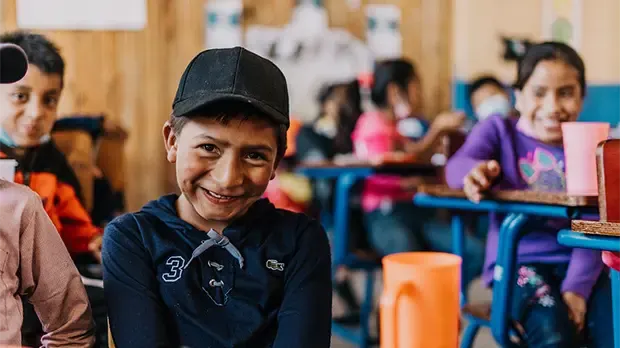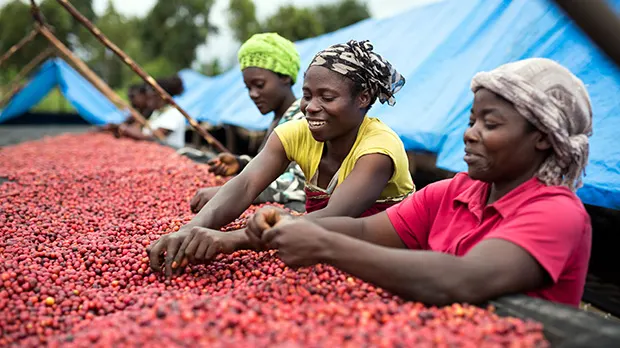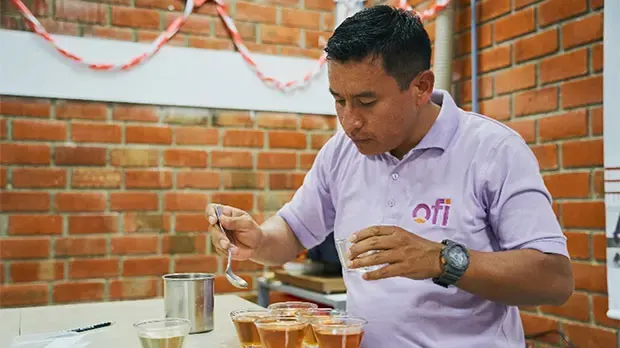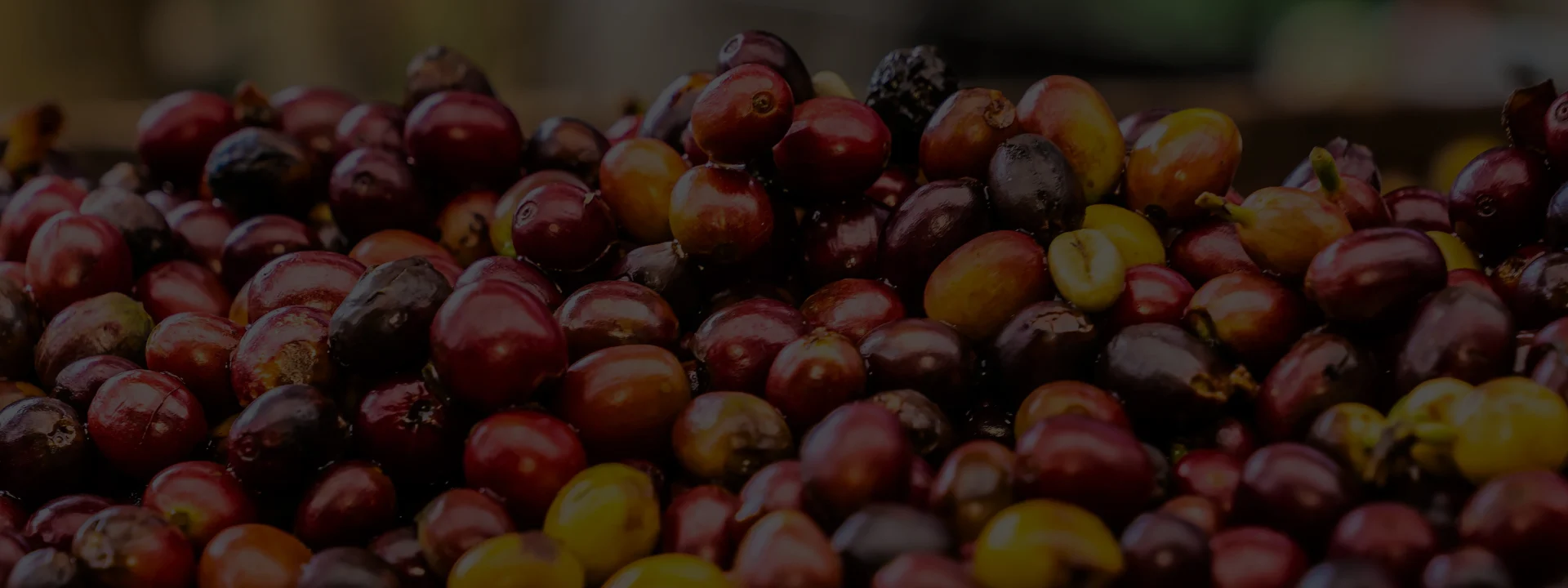From green to soluble, we can help.
The coffee supplier you can be proud of
A dash of cream or just plain black? The choice is yours—and it doesn’t end there. Cherry pick from our green and specialty coffee beans sourced in 30 different growing origins. Our teams on the ground are embedded in farmers’ livelihoods in 18 growing regions to support a traceable and sustainable coffee supply. And all with our dependable, customer service built in. Coffee as reliable as it is delicious—and made to order.

Your reliable, sustainable coffee supply chain starts here
Here’s the good stuff, where your products begin. It’s the foundation of what we make together. Discover these raw materials from around the world and the stories and people behind them—from green coffee supply to roasted, soluble and even upcycled by product.

Co-create
Ready to make something special?
Got a brain buzzing with blend ideas? Whether you’re looking to craft the perfect note in your coffee roast or brainstorm a frothy vegan creamer, we can make it real together. You’ll be part of an approach that’s all about partnership. So you’re properly involved in making your coffee solution come to life, from seed to sip.
Want progressive brews with flavorful flourishes for the modern coffee drinker? Whether it be golden turmeric lattes, frothy chocolate mochas or cortados with a hint of hazelnut, we can make it happen. Our cocoa, nuts and spices from certified estates across Africa, Asia and the Americas, and processed in our own mills, are yours to innovate with.
Collaboration
Let's put our minds behind something special. Delight coffee drinkers, grow businesses and make real change for people and the planet—by creating together.
Inspiration
People with different skill sets are the ultimate blend. We’ll bring our global solutions and products, and you bring the ultimate ingredient: your brand.
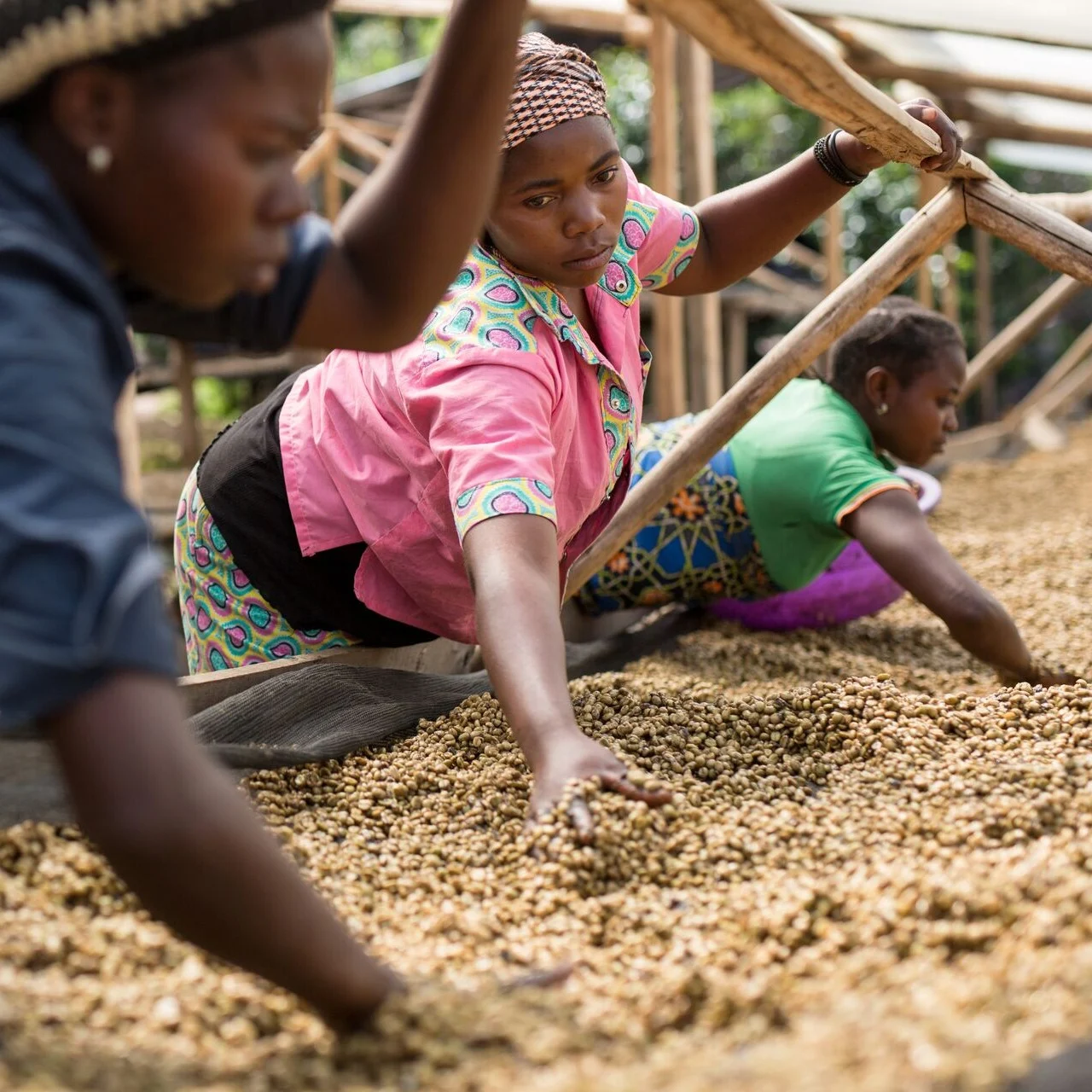
Sustainability
Your source of traceable coffee
Want to boost that buzz from a great coffee? Our sustainable sourcing solution, AtSource, can provide traceability to a product's origin and transparency on key supply chain sustainability challenges through data and insights. It enables customers to map their unique sustainability journey, monitor performance and partner to create impact through targeted interventions.
It can be used to improve monitoring efficiency, enhance due diligence with external assurance, and can help ensure compliance with evolving industry standards.
AtSource empowers customers to realize their individual sustainability priorities and achieve positive change from the ground up.
The taste of sustainability in coffee
More than ever, people want to know who’s behind their cappuccino, the land that created their latte, and exactly how their coffee ingredients are sourced and manufactured.
That’s why we’re committed to creating a sustainable coffee supply chain. Our intentional actions and commitments around on-site emissions, recycling and end-to-end traceability respects everyone along the way from coffee bean to steaming cup.
Coffee LENS (Livelihoods, Empowerment and Nature at Scale) drives our sustainable coffee sourcing vision. It sets out the ambitious goals we aim to tackle by 2030 with the help of our partners. So we can help farmers, communities, the climate and the living world.
News & Events
Coffee trends and insights
Read the latest scoops on green coffee, specialty coffee, traceable coffee and more.





